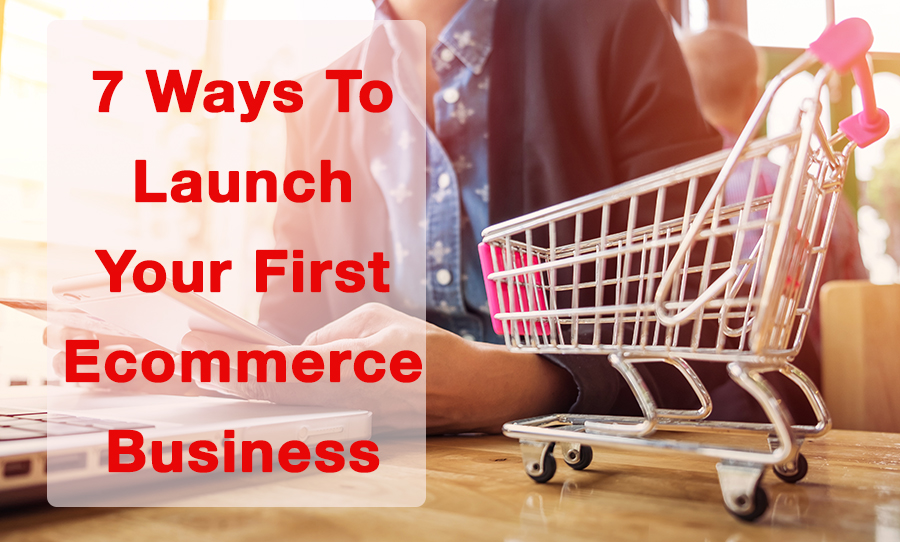During a global pandemic with storefronts shut down and consumers sheltering at home, it has become more clear than ever how crucial the ecommerce economy is to societies across the world. Although anxiety is high among investors and many small businesses are experiencing unprecedented challenges, there is also massive opportunity for entrepreneurs and brands looking to start new online businesses.
Industries that rely on a mobile consumer population like cameras, luggage, automotive supplies, and party décor are seeing sharply decreased sales with consumer behavior shifting due to more time spent at home. However, industries like portable fitness equipment, home office furniture and supplies, artisan baking kits, and at-home hair treatments are seeing a massive surge in demand. With that in mind, here are some insights from ecommerce experts on key considerations for anyone looking to start their first online business.

1) Start with what is most important.
“When you start your business, write down your values, social mission, and your product philosophy, and live by them. Values for how you treat your employees, partners, suppliers, and customers. Product philosophy to help guide the products and services you bring into this world. Social mission to ensure that every good that comes to you and your business, a fraction of it you give back to this world.” - Mir Anwar, Founder, Journ
2) Think niche.
“Whether you decide to build your audience first via a newsletter or social media (don’t underestimate the power of having an audience you can message directly!), or you start out with a product and just start marketing it, go narrow. People think a niche is limiting and you’re pigeon-holing yourself, as opposed to going wide; when in fact your chances of gaining traction early on are much greater if you’re more narrow and deep vs. wide and broad. You can always extend over the long-run, but if you don’t make it thru the short-term, it doesn’t matter.” -Babak Azad, CMO, GoodRx
3) Advertise wisely.
“Before you create your first ad campaign, check out what your competitors are doing via the FaceBook ad library. Here you’ll find a treasure trove of insights that will help you develop your own creatives without having to do a ton of market research. - David Herrmann, President, Herrmann Digital
4) Find your brand story.
“Do not underestimate the power of an authentic brand story. Building a connection with your audience requires trust, which is gained through honest storytelling; One, what problem did you experience? Two, how did you solve it? Three, what value does your solution bring to a potential customer’s life? If these three answers resonate, you’ve acquired a customer.” - Sara Shah, Founder, Journ
5) Trim your margins.
“In today’s difficult financial environment, your unit economics will be more important than ever. Be maniacally focused on your gross margins: every single cent that is involved in getting your product to your customer. This includes product cost, freight, shipping, materials, packaging, and even payment processing fees.” - Patrick Coddou, Founder/CEO, Supply
6) Plan long-term.
“Make Long-Term Plays: acquisition costs are only going up online, and that means that it is super important to build a customer retention and loyalty plan into your business from the very beginning. Your first hundred customers are the bedrock of your growth; having a plan in place to engage them over time and craft the absolute best experience possible will set you up for healthier growth.” - Kristen LaFrance, Head of Growth and Community, Churn Buster
7) Love your product.
“The centrality of selling a product you love cannot be overstated, particularly as ecommerce’s barrier to entry has all but disappeared. A flooded market leads to commoditization, followed immediately by a race to the bottom. The same is true for online advertising — except in the opposite direction (i.e., a race to top in customer acquisition costs). Amidst that landscape, loving the thing you make and, in turn, loving the people it serves differentiates not only your product but also your brand, your creative assets, and you.” — Aaron Orendorff, VP of Marketing at Common Thread Collective
For ecommerce, it’s crucial to plan long-term, enjoy your product, advertise intelligently and focus down on the message for the brand and product that you will sell online.